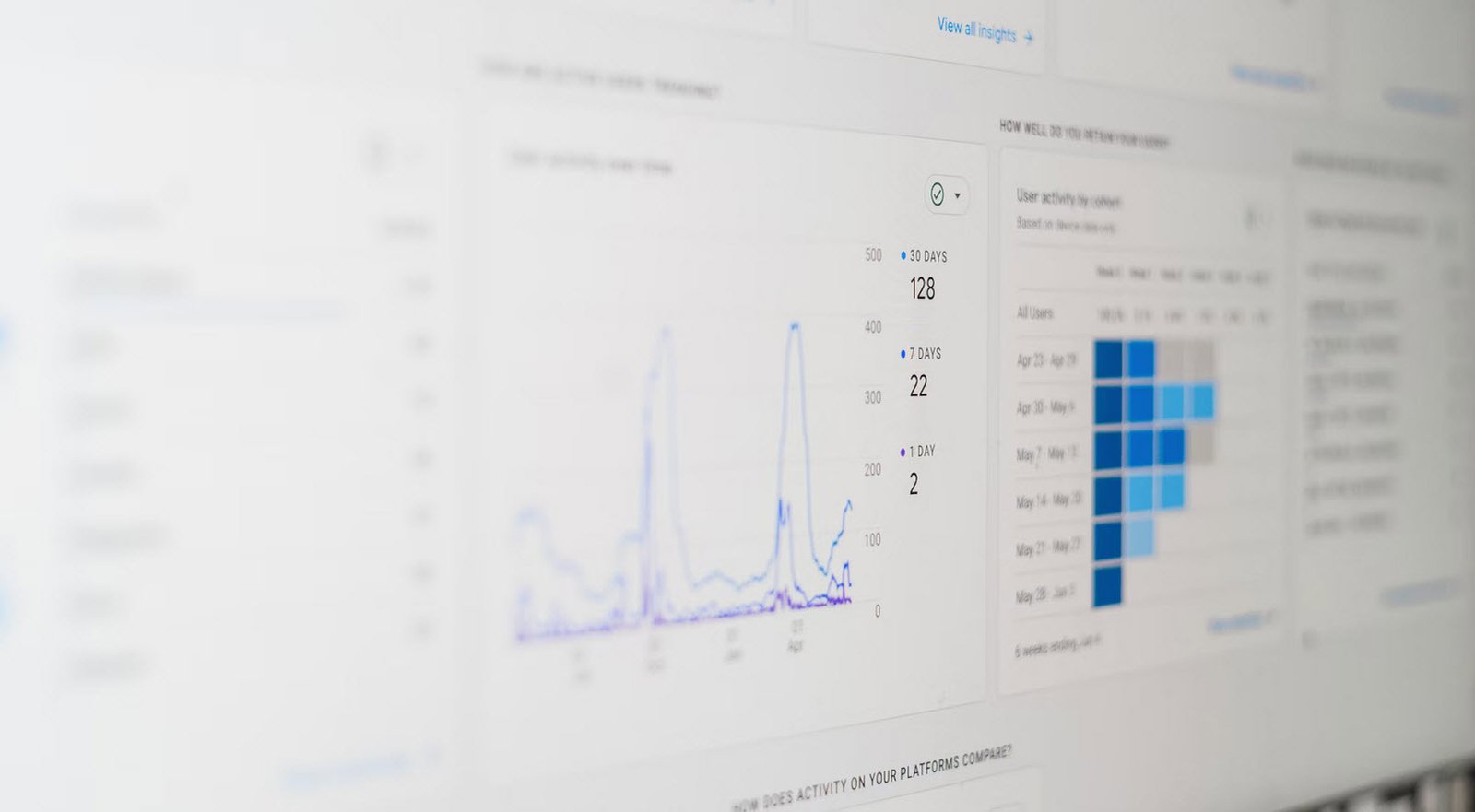
In the realm of digital marketing and online visibility, tracking and analyzing specific metrics is vital to ascertain the effectiveness of your SEO strategies.
Here, we explore into the key SEO metrics that should be on every marketer’s radar for a successful online presence.
- Organic Traffic
- Keyword Rankings
- SERP Visibility
- Click-Through Rate (CTR)
- Bounce Rate
- Website Authority Over Time
- Backlinks
- Page Speed
- Engagement Time
- Conversion Rate
1. Organic Traffic
Understanding how much traffic your website is attracting organically is fundamental. Organic traffic represents the users who find your website through search engine results, excluding paid advertising. Tracking the volume and trends in organic traffic provides valuable insights into the overall performance of your SEO efforts.
2. Keyword Rankings
Monitoring the rankings of your target keywords on search engine result pages (SERPs) is pivotal. It allows you to gauge the visibility of your website for specific search terms. Tracking keyword rankings helps in optimizing your content and identifying areas for improvement.
3. SERP Visibility
Search Engine Results Page (SERP) visibility is a comprehensive metric that considers your website’s presence across various keywords. It provides a holistic view of your website’s performance in search results and helps identify opportunities to enhance your online visibility.
4. Click-Through Rate (CTR)
CTR measures the ratio of users who click on your website’s link compared to the total users who view it. A high CTR indicates that your website is compelling and relevant to users, making it a crucial metric for optimizing your meta titles, descriptions, and content to drive more clicks.
5. Bounce Rate
Bounce rate reflects the percentage of visitors who leave your website after viewing only one page. A high bounce rate may suggest that your landing page or content doesn’t meet visitors’ expectations. Analyzing and reducing bounce rates can lead to better user engagement and improved SEO.
6. Website Authority Over Time
Website authority is an indicator of your website’s credibility and influence in your industry. Over time, monitoring changes in your website’s authority using tools like Moz’s Domain Authority can help measure the effectiveness of your SEO strategies and backlinking efforts.
7. Backlinks
Backlinks, or inbound links from other websites to yours, are a critical element in SEO. They signify credibility and relevance to search engines. Tracking the number, quality, and diversity of backlinks is essential for SEO success.
8. Page Speed
Page speed directly impacts user experience and SEO rankings. Slow-loading pages can deter visitors and affect your rankings. Regularly monitoring and optimizing your website’s page speed is essential to maintain a positive user experience and search engine performance.
9. Engagement Time
Engagement time measures how long users spend on your website. Longer engagement times typically indicate that visitors find your content valuable and engaging. Analyzing engagement time helps tailor content to keep users on your site longer.
10. Conversion Rate
Ultimately, SEO aims to drive conversions. Whether it’s a purchase, sign-up, or another desired action, tracking conversion rates helps evaluate the success of your SEO strategy in driving meaningful outcomes for your business.
In Conclusion
To succeed in the digital landscape, it’s imperative to measure and analyze these key SEO metrics diligently. Adapting and optimizing your strategies based on these insights will position your website for greater visibility, increased user engagement, and ultimately, higher conversions.
You may also like:- Top 10 SEO Key Metrics You Should Measure
- 25 Best Niches for Different Types of SEO Businesses
- Top 19+ Technical SEO Checklist for 2024
- Top 10 SEO Score Checker Tools in 2024
- 7 Essential Factors to Rank in the Top 3 Spots of Google
- Best WordPress SEO Plugins for Enhanced Website Rankings in 2024
- OpenAI and Microsoft’s $100 Billion AI Data Center – A New Era in Artificial Intelligence
- SEO ChatGPT Prompts – Save Time & Rank Better
- [March 2024] Google SEO Updates You Need to Know
- Want Image SEO? Here is the Guide









This Post Has One Comment